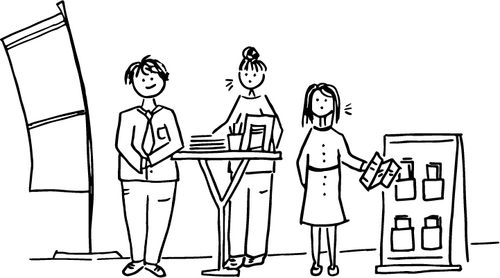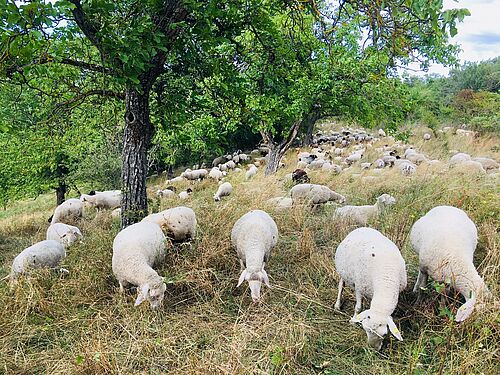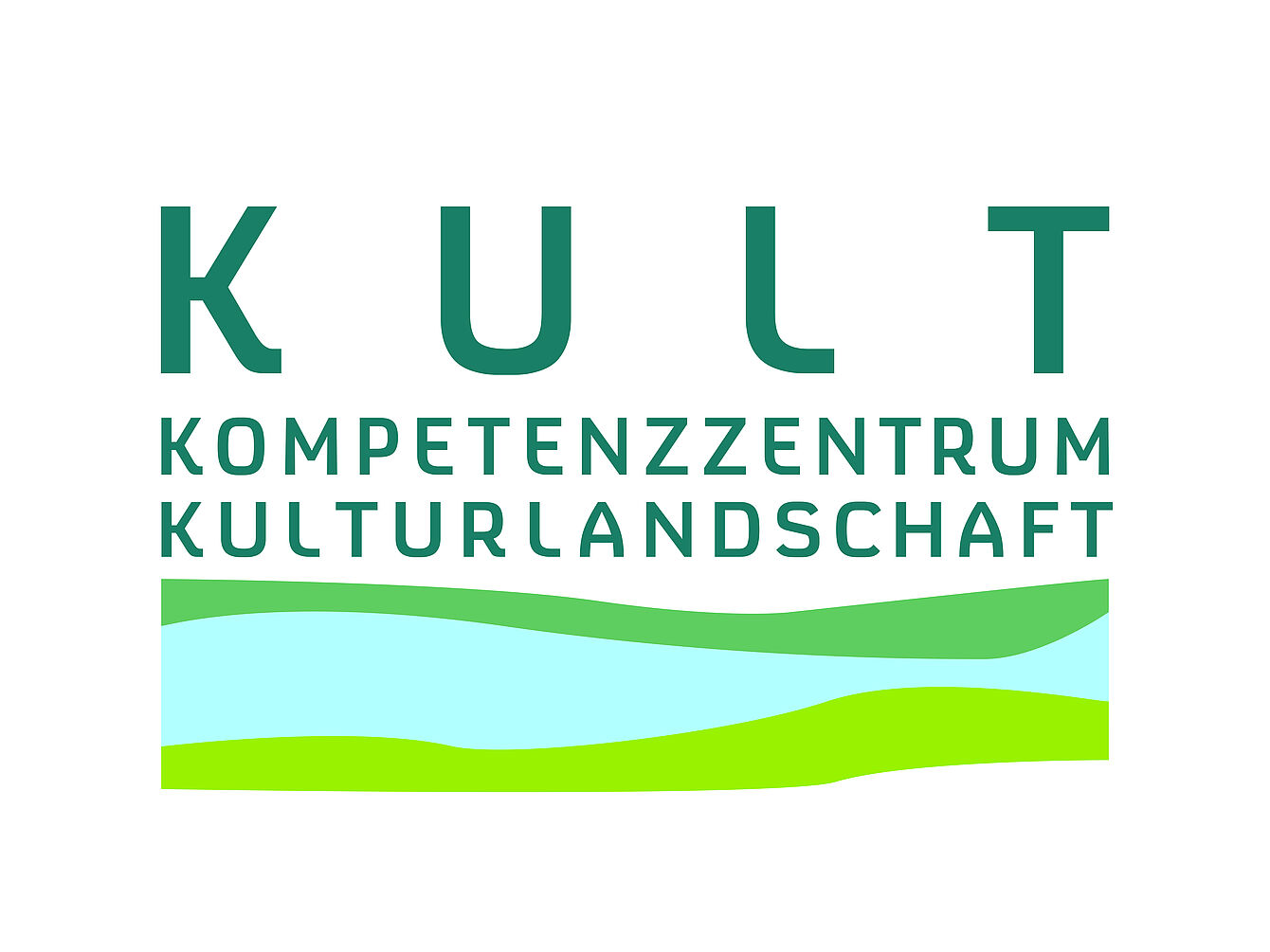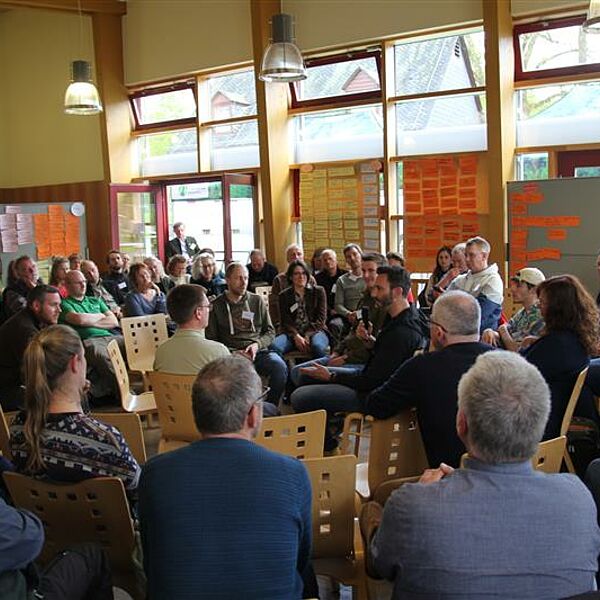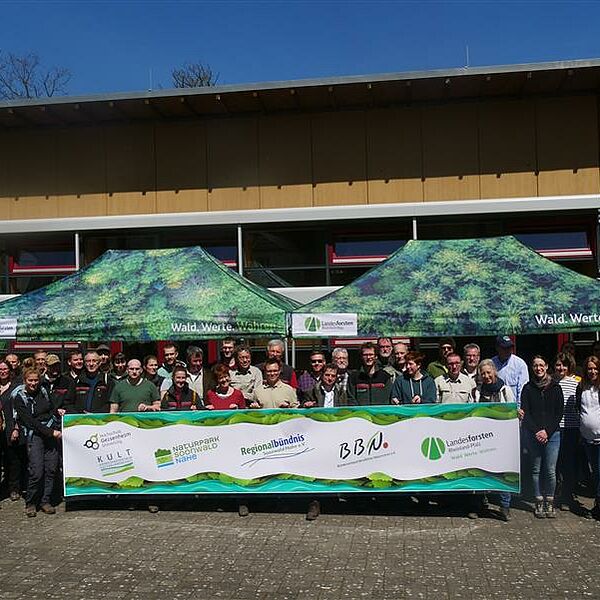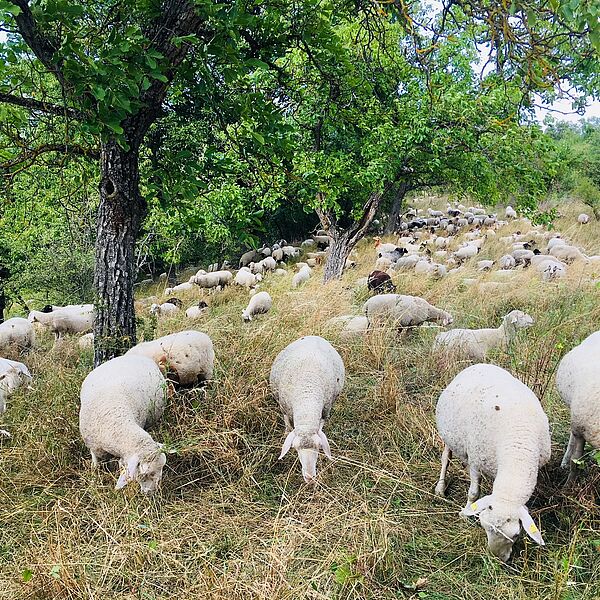MIDDLE RHINE VALLEY. Climate change and its consequences are a huge challenge for the Upper Middle Rhine Valley World Heritage Site. Both the Federal Horticultural Exhibition (BUGA) scheduled for 2029 and local communities must prepare for possible extreme events such as heat, drought, storms, heavy rainfalls, flash floods as well as low and high water, which are likely to increase in the years to come. Therefore, three local universities – Koblenz University of Applied Science, Bingen Technical University of Applied Science and Hochschule Geisenheim University – have prepared and published a study on climate change adaptation in the Upper Middle Rhine Valley World Heritage Site.
“The way in which local authorities adapt to climate change, plan ahead and establish climate-resilient structures for their communities will be a key success factor. However, this is not just about the Horticultural Exhibition, but about providing healthy living conditions and a standard of living for the local communities," says Prof. Ulrike Kirchner from the Department of Construction and Artificial Materials who supervised the project on the part of Koblenz University of Applied Science in cooperation with Prof. Dr. Dörte Ziegler, Head of the Environment, Water and Infrastructure Management program.
“The study and its findings and recommendations address local governments, political stakeholders and citizens”, explains Prof. Dr. Eckhard Jedicke from the Department of Landscape Planning and Nature Conservation at Hochschule Geisenheim University. It does not focus on climate protection, but rather on climate change adaptation on a local level, and aims to show how climate change already affects the Upper Middle Rhine Valley. Subsequently, it provides recommendations for individual fields of action.”
The study concentrates on four guiding questions: How does climate change affect local communities in the Middle Rhine Valley? How can local communities adapt to climate change? What are the challenges and best practices? What are the options to take influence and implement strategies? In order to answer these questions, the scientists provide an overview of the status quo of climate change worldwide and explain how it affects Germany and Rhineland-Palatinate with a focus on the Upper Middle Rhine Valley. “It is important to analyze current and possible future climatic changes on the ground in order to assess their actual impact on specific sites”, says Prof. Dr. Oleg Panferov from Bingen Technical University of Applied Science. The development of air temperature, precipitation levels and extreme weather events, such as heat days and heavy rainfalls as well as the consequences of climate change and the need for adaptation strategies in the Upper Middle Rhine Valley are in the center of attention. Furthermore, the study also discusses the importance of green spaces, water bodies, soil as well as cold air production and airflow zones and how they affect the (micro) climate.
Based on selected sub-areas and exemplary municipalities, the study outlines the impact of climate change and explains specific problems for the Upper Middle Rhine Valley. “We have identified specific risk and heat potentials by carrying out exemplary micro climatic measurements. Additional factors, such as the amount of green spaces, the condition of water bodies, cold air production and airflow zones as well as the degree of soil sealing have also been taken into account. As a consequence, we provide exemplary recommendations for climate change adaptation on a local level, focusing on green spaces, water bodies, soil and cold air production and airflow zones”, says Prof. Dr. Elke Hietel from the Department of Life Science and Engineering at Bingen Technical University of Applied Science.
Finally, the study identifies options to strengthen adaptation strategies through control mechanisms – such as land use planning – and corresponding funding instruments.
Students at the participating universities were also actively involved, which means that scientific and practical findings were directly integrated into the teaching process. The study is available for download at www.hs-koblenz.de/klimaanpassung and on the websites of the other two universities.

